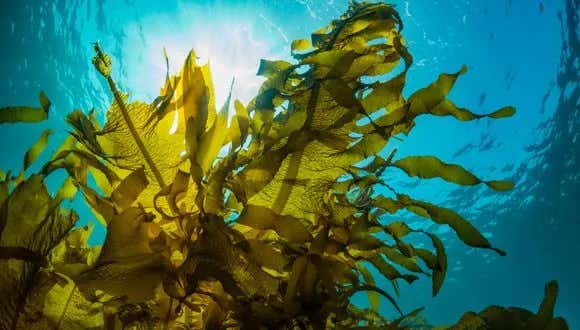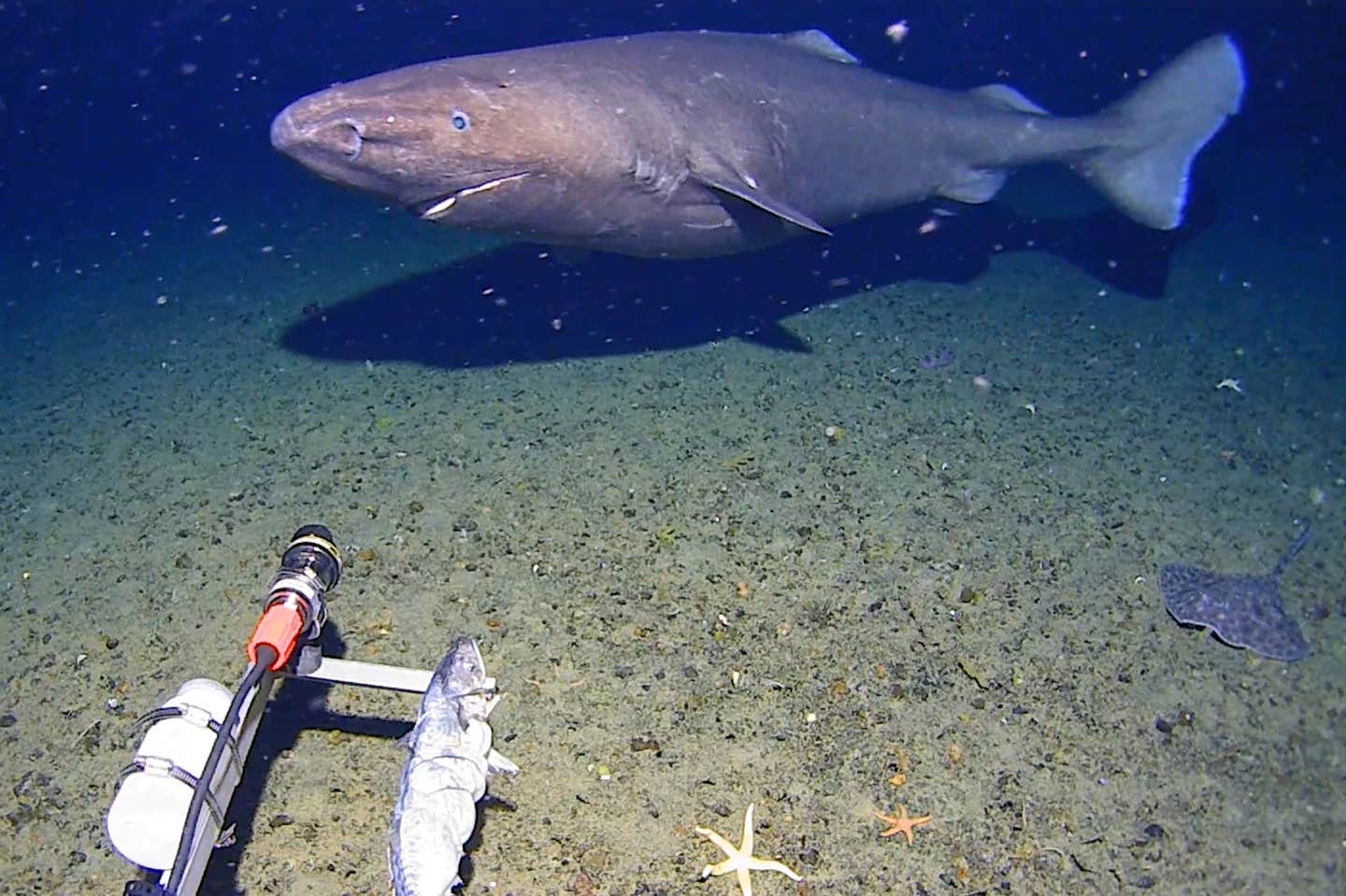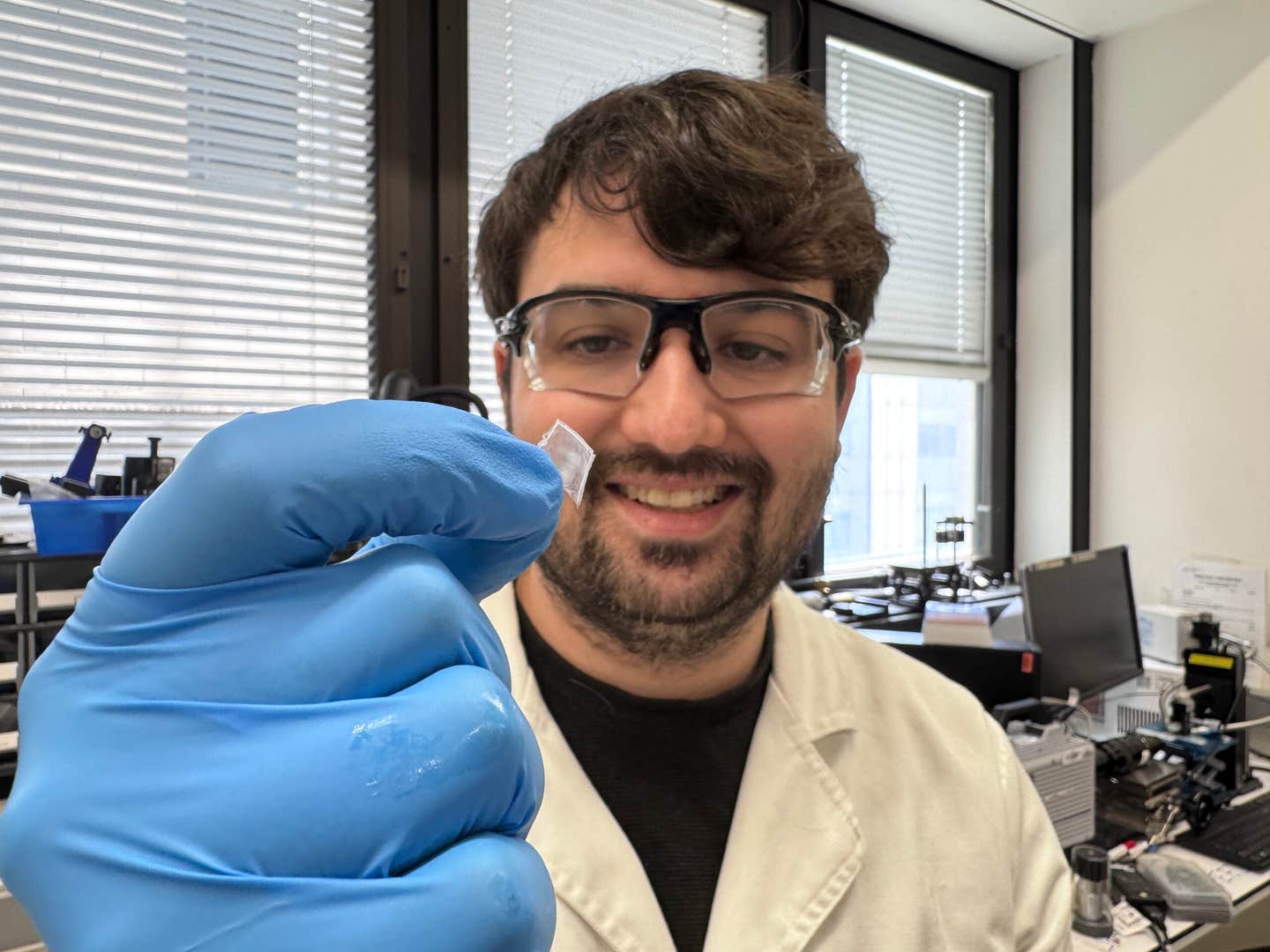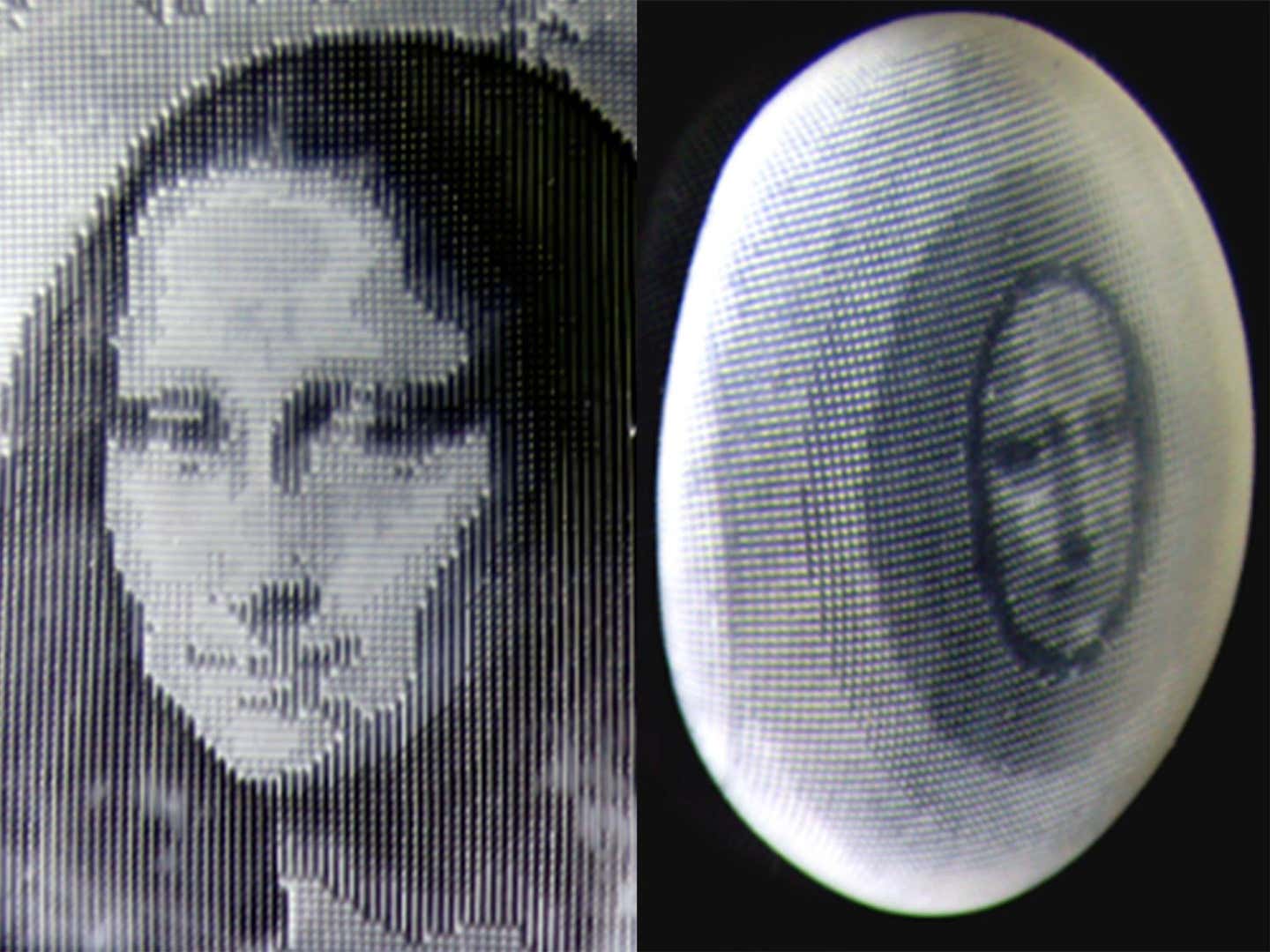‘Super seaweed’ key to cancer, diabetes and inflammation treatment
Researchers have now taken a step further by increasing the ability of seaweed to produce bio-active compounds that offer medical benefits.

[June 9, 2023: Staff Writer, The Brighter Side of News]
New research increses the ability of seaweed to produce bio-active compounds that offer medical benefits to humans. (CREDIT: Creative Commons)
Researchers at Tel Aviv University's School of Zoology at The George S. Wise Faculty of Life Sciences and the Israel Oceanographic and Limnological Research Institute (IOLR) have developed an innovative technology that allows seaweed to be enriched with proteins and minerals such as zinc, iron, iodine, magnesium, and calcium for human and animal consumption.
The researchers have now taken a step further by increasing the ability of seaweed to produce bio-active compounds that offer medical benefits to humans.
The study was conducted using an innovative and sustainable approach of integrated aquaculture that combines seaweed with fish cultivation. This approach upgrades the seaweed while at the same time helping to purify seawater and minimizing negative environmental impacts. The study's findings have significant implications for the pharmaceutical, cosmetics, food, and nutritional supplement industries.
Ph.D. student Doron Ashkenazi led the new development under the guidance of Prof. Avigdor Abelson of Tel Aviv University’s School of Zoology and Prof. Alvaro Israel of the IOLR in Haifa, in collaboration with other leading researchers from Israel and around the world. The article was published in the scientific journal Marine Drugs.
Related News
Seaweed is a marine plant that forms the basis of the coastal marine ecosystem. The plant absorbs carbon dioxide and releases oxygen into the environment, purifies the water, provides food, habitat, and shelter for numerous species of fish and invertebrates.
Not many know that seaweed also produces a wide variety of distinct bio-active compounds that are beneficial to humans. The seaweed living in the intertidal zone face extreme stress conditions, which include changes in salinity, temperature, desiccation conditions, changes in the availability of nutrients and high exposure to solar radiation, especially in the ultraviolet (UV) range.
To survive, the seaweed has developed a unique set of chemical defense mechanisms – natural chemicals that help them cope with these harsh environments. They are highly efficient natural factories that produce valuable substances that may offer significant benefits to humans.
Enhanced seaweed, cultivated using the novel research method. (CREDIT: Doron Ashkenazi)
The researchers sought to examine whether and how it is possible to increase and maximize the seaweed's production of bio-active compounds, and secondary metabolites, that offer significant health benefits. These substances include antioxidants, protective pigments, and natural UV radiation filters.
The researchers developed an original and practical cultivation approach, whereby three local seaweed - Ulva, Gracilaria and Hypnea - were initially grown alongside fish effluents, and subsequently exposed to stressors including high irradiance, nutrient starvation, and high salt content.
Underwater seaweed garden, Bat-Yam, Israel. (CREDIT: Doron Ashkenazi)
They investigated how these changes affected the concentration of specific valuable biomaterials in the seaweed, to enhance their production. The results were impressive: antioxidant levels had doubled, seaweed natural sunscreen molecules tripled, and protective pigments were increased by ten-fold.
“We developed optimal cultivation conditions and invented a new and clean way to increase the levels of healthy natural bio-active compounds in seaweed to an unprecedented level,” says Ashkenazi. “We in fact produced ‘super seaweed’ tailor-designed to be utilized by the emerging health industries for food and health applications.”
Graphical Abstract: Marine macroalgae are considered an untapped source of healthy natural metabolites and their market demand is rapidly increasing. (CREDIT: journal Marine Drugs)
The researchers believe that in the future it will be possible to use their cultivation approach to elevate in seaweed additional natural materials with important medical properties, such as anti-cancer, anti-diabetic, anti-inflammatory, anti-viral, and ant-biotic substances.
They also emphasize that seaweed aquaculture is environmentally friendly, preserving the ecological balance, and reducing environmental risks by minimizing excessive amounts of pollutants caused by humans, reducing the emission of greenhouse gases, and lowering the carbon footprint. In this way, seaweed aquaculture can help cope with global environmental challenges such as pollution, habitat loss, and the climate crisis.
“In the future, humanity will focus on creating science-based environmental solutions, like the one we offer in this study - technologies that promote recycling and the sound use of natural resources without overexploiting them. Our study demonstrates how we can enjoy nature without harming it,” concludes Ashkenazi.
For more science and technology stories check out our New Discoveries section at The Brighter Side of News.
Note: Materials provided above by The Brighter Side of News. Content may be edited for style and length.
Like these kind of feel good stories? Get the Brighter Side of News' newsletter.



